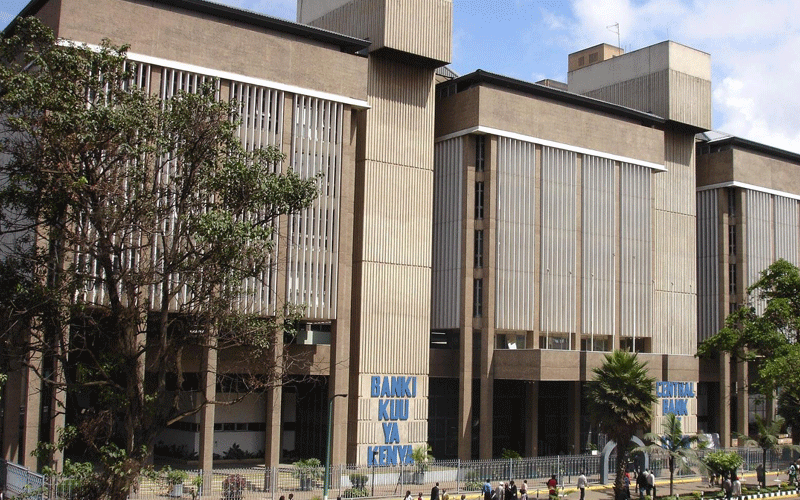Borrowers’ relief as CBK extends loan repayment
By Steven Umidha, March 24, 2021Borrowers have been handed three more months before they start servicing their loans after the Central Bank of Kenya (CBK) announced an extension of the loan restructuring deal to July 3.
However, CBK said the extension applies to loans which were being serviced by March 2, 2020, but went into arrears afterwards on Covid-19 shocks.
“CBK will continue to closely monitor the unwinding of outstanding restructured loans to ensure the continued stability of the banking sector,’’ the regulator said.
During that period Kenya’s largest banks restructured loans worth Sh.1.7 trillion accounting for 57 per cent of the banking sector’s gross loans between March last year and February 2021, underlining the economic fallout from the spread of the coronavirus which continues to hurt borrowers’ ability to repay.
Further, the latest figures by CBK show that, following the resumption of repayments and some pay-offs, the outstanding restructured loans as at end February amounted to Sh569.3 billion or 19 per cent of the total gross loans.
“Over 95 per cent of the outstanding restructured loans are being repaid in accordance with the restructured terms.
We will continue to closely monitor the unwinding of the outstanding restructured loans to ensure the continued stability of the banking sector,” reads a statement by the regulator.
In March 24, 2020, CBK announced emergency measures to mitigate the adverse economic effects on bank borrowers from the pandemic.
Among such measures was restructuring by banks, for a period of up to one year of loans that were performing as at March 2, 2020, and the provision of regulatory flexibility to banks by CBK.
Restructuring options
During the 12-month respite, borrowers benefitted from various restructuring options including extension of repayment period, moratorium on principal or interest and waivers on interest or fees.
Such measures, according to CBk, offered space to borrowers to ride through the pandemic, mitigate job losses and pivot their business models to the new normal – while for banks, the measures provided time to build additional capital and liquidity buffers to take them through the pandemic period and beyond.
The waiver, including emergency measures on extension and restructuring of loans..
More Articles

